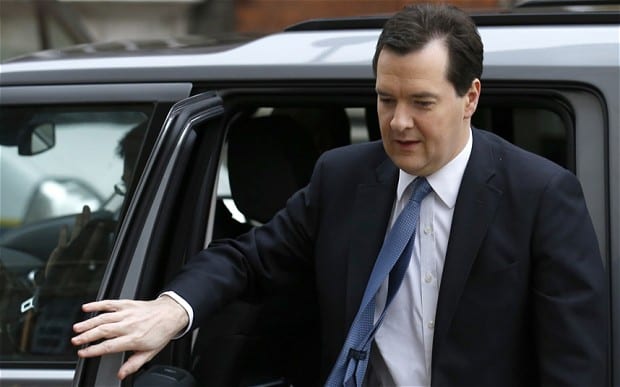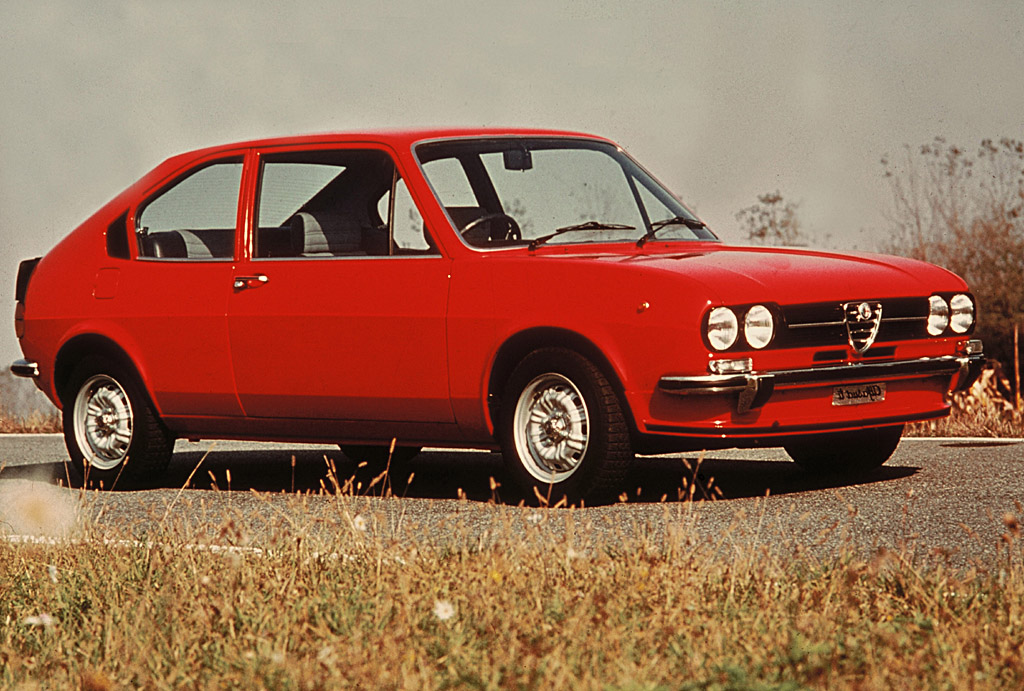The latest Budget by Chancellor George Osborne is one of the biggest developments in vehicle excise duty (VED) for some time.
Over the years there have been incremental, inflation-based rises in the price of VED, but nothing as big as this.
The main positive to come from the announcement is the setting up of a newly created ‘Road fund’. This means that all money raised from VED will now go directly in to creating and maintaining roads in the UK.
Before this, the cash was put in to a big central pot and distributed around departments. This meant that despite UK motorists paying billions of pounds in VED, only a small amount of that money was going towards fixing the UK’s underfunded and damaged roads.
It’s only a small difference, the last estimation was that £12 billion needed to be spent to get our roads up to scratch, and back in 2012 VED was raising just £5.9 billion, but it’s a start.
Something that is possibly a bigger issue is the change to VED bands. Osborne may see it as rewarding people buying low emission vehicles, and trying to make it fairer by ensuring most new car buyers have to pay a first year fee, but it could have some major repercussions.
Firstly, a major surge in used car sales that could cause a shortfall in stock and eventually lead to increased prices for second-hand cars.
Secondly, if the change puts off purchases of new vehicles it could be a major disaster, as the upturn in sales of new cars has been a cause of celebration for the UK PLC.
Whichever way things go, this could have a huge impact on the cars that the public decides to buy in the future.

















